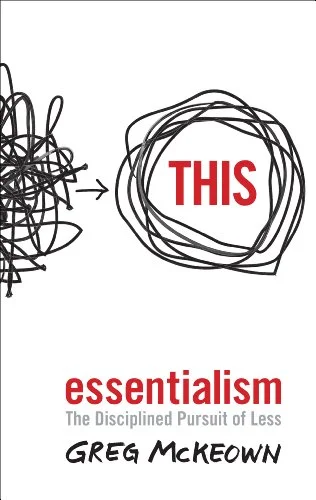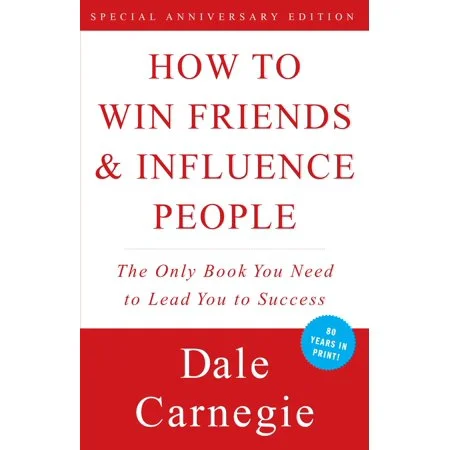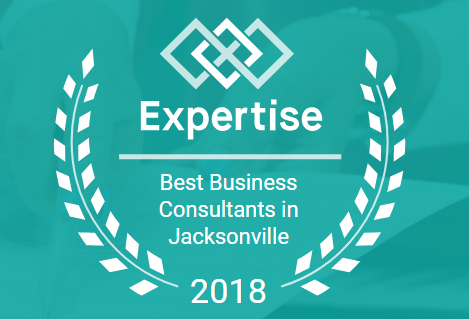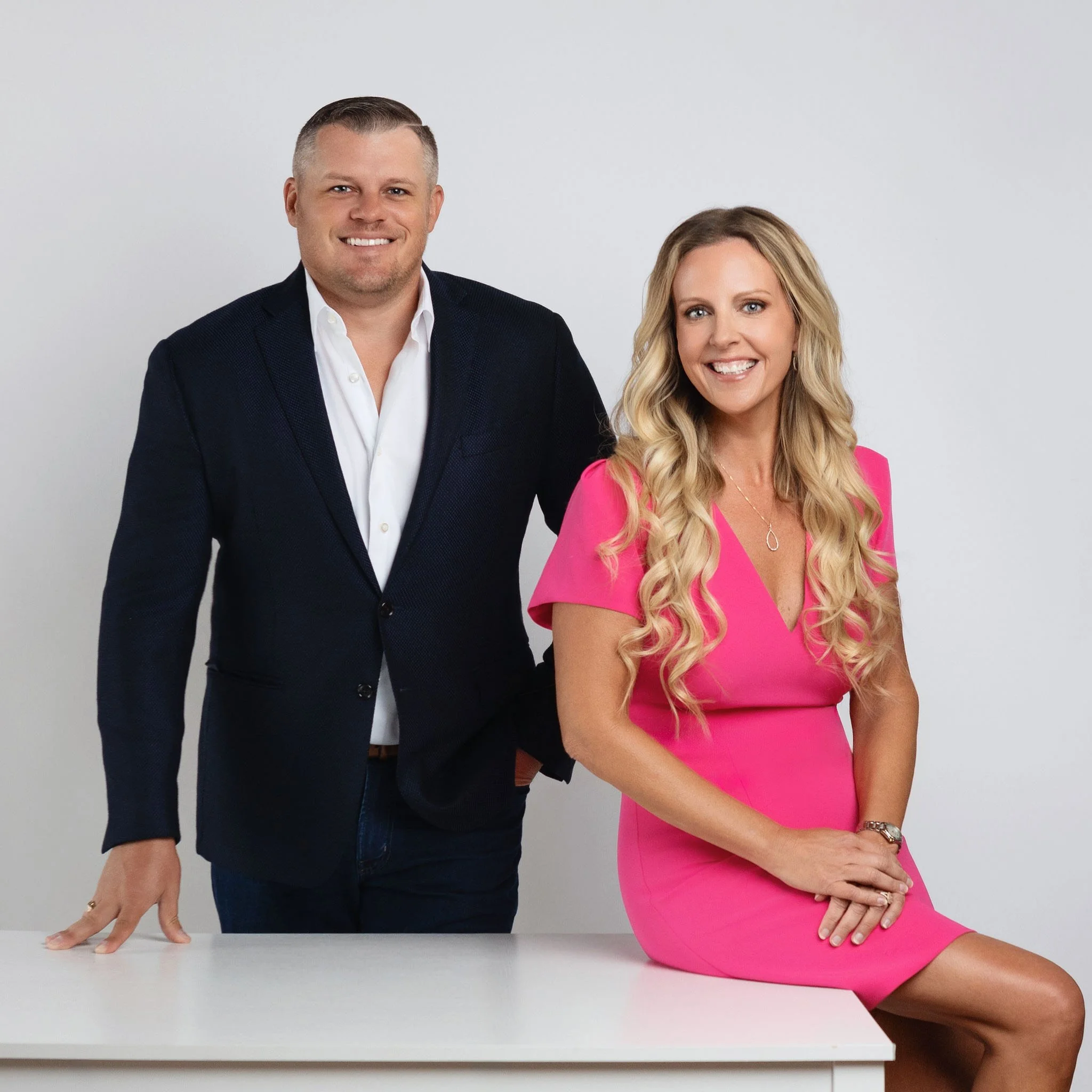Is Your Small Business Recession Proof? Guest blog for Supporting Strategies
/ Rapid Business Plans/ Bethany McClellanRecession-Proof Business Planning
 A strong economy can mask underlying problems at a small business. When the next recession hits — and historically speaking, it's already overdue — will your business be healthy enough to not only survive, but possibly even thrive? It can be — but only if you have the right plan in place.
A strong economy can mask underlying problems at a small business. When the next recession hits — and historically speaking, it's already overdue — will your business be healthy enough to not only survive, but possibly even thrive? It can be — but only if you have the right plan in place.
Be Ready When Opportunity Knocks
Every small-business owner says they want to grow their company. But how many are really prepared for the challenge?
Often, a vital step in growing your business is being able to raise cash quickly to capitalize on a sudden opportunity. Oddly enough, a recession can present some prime opportunities for growth, as some of your competitors might decide to sell off their assets at an attractive rate when faced with financial distress.
And the first step in raising cash is to have a lender-ready business plan.
SBA Loan Basics
Anytime you apply for an SBA loan, your package must include a business plan that meets the underwriter's requirements. Those minimum requirements include 12 to 36 months of:
- Profit-and-loss projections
- Balance sheet projections
- Cash flow projections
And that's just the financial portion. You'll also want to include an executive summary with notes on market size and demographics.
A word of warning: When writing a business plan or applying for a loan, it’s not a good idea to describe your potential market as "everyone." That's just a sign that you haven't done your homework.
A dentist, for example, could reasonably argue that everyone in the world needs dental services. But the bank could just as reasonably counter that one dentist can't possibly treat everyone in the world. So it comes down to the dentist defining the geographic area their practice will encompass, explaining why that area isn't already saturated with dental-service providers and defining what sets the new practice apart.
A Good Time to Start
A recession can be a good time not only to expand an existing business, but also to start a business from scratch — provided several similar area businesses have failed and created an opening.
If you're starting a new business, your SBA loan application should include much of the same information as an existing business' plan. It should also include a detailed SWOT analysis (strengths, weaknesses, opportunities, threats) and spell out the type of corporate structure you plan to use (LLC, S-corp, etc.). Finally, the business plan must clearly indicate how the prospective owner's career experience is relevant to the new venture.
Take Advantage of the Help That's Available
A number of resources are available to assist small-business owners with business plans. In my area, for example, the University of North Florida has a Small Business Development Center office that offers free coaching on how to start a business, including writing a business plan. That can be very helpful, and their thorough assistance over the course of many months can be vital for the novice entrepreneur.
If a recession hits, you won't have months to respond. That's why it's so important to prepare for one today.
Bethany Barnes, Director of Business Development at Rapid Business Plans, delivered a presentation on recession-proofing at the Business Fundamentals Bootcamp hosted by Pete Denholm, Managing Director of Supporting Strategies | Northeast Florida.

















